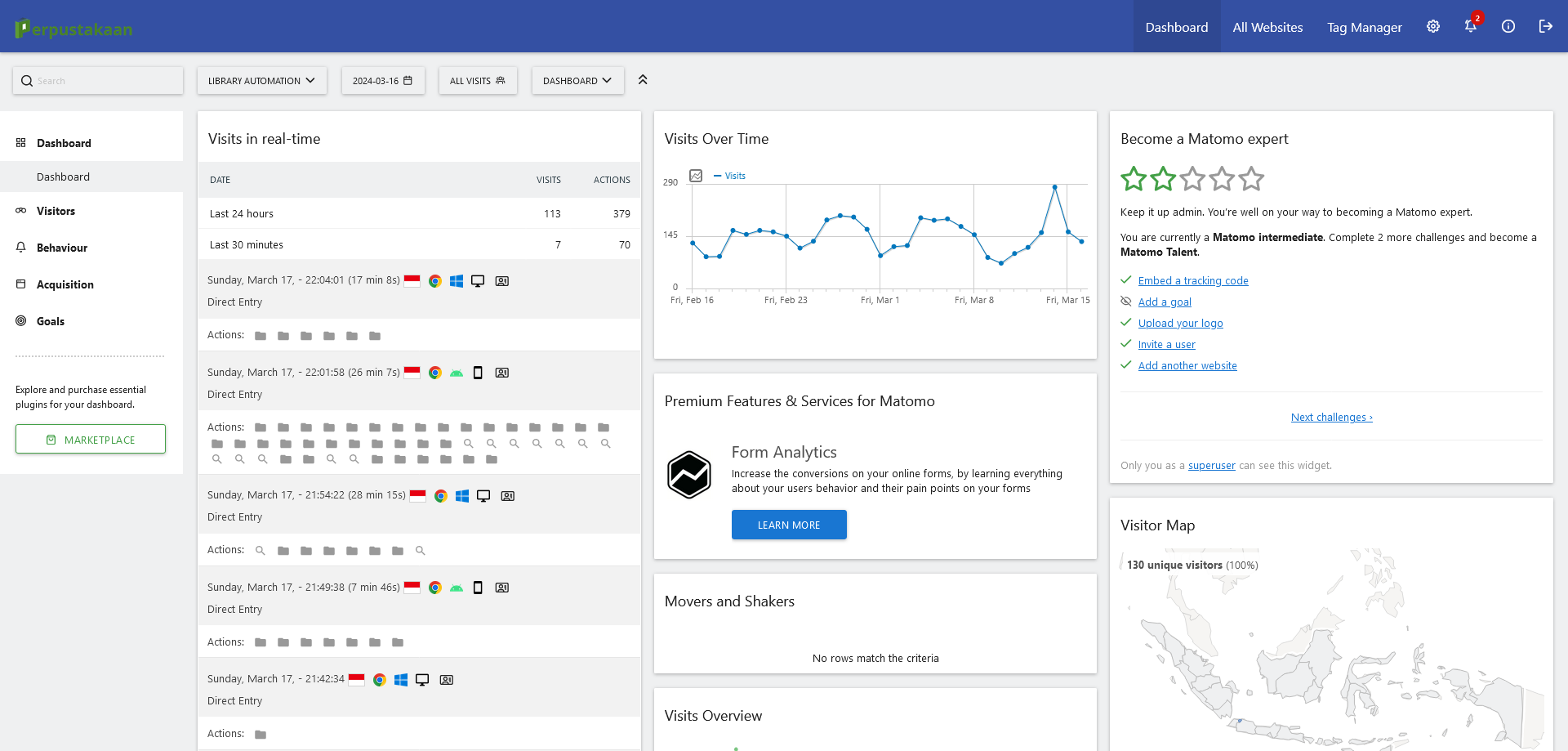Collection Details

Wellbeing in educational contexts
Carter, Susan - Nama Orang
Andersen, Cecily - Nama Orang
Wellbeing has been identified as a serious issue for principals, teachers and students within educational contexts. The problem of principal health and wellbeing has also been recognised at both national and state levels in Australia for the at least a decade and has been acknowledged as an issue of concern by the state, private, and independent school sectors. The first full scale independent study into the occupational health, safety and wellbeing of Australia’s school principals paints a pretty grim picture about the current work conditions for Australia’s school leadership (Riley, 2014). The survey of 2,049 principals found that along with threats and acts of violence, school principals are also more likely to be bullied, and are dealing with ever-increasing volumes of work and health problems due to stress (Riley, 2014).
Phillips and Sen (2011, cited in Riley, 2014) reported that, 'work related stress was higher in education than across all other industries…with work-related mental ill-health…almost double the rate for all industry' (p. 177-8). This trend appears to be continuing, with another report suggesting that that in Queensland over $10 million has been paid in five years to stressed teachers and that teachers are making more mental stress claims than in any other industry (Worksafe Queensland, 2013, as cited in Acton & Glasgow, 2015). Reducing these impacts of work stress in the teaching profession has been the focus of much research in education. Although historically resilience to stress has been the main focus of studies, research in the area has recently shifted towards the school wide promotion of wellbeing (Powell & Graham, 2017).
Within the wellbeing literature, there is a shared view that educational contexts are best positioned to reach out to everyone and explicitly teach and promote wellbeing, potentially arresting trends of reported declining student and teacher wellbeing (Acton & Glasgow, 2015; Hogan, Thompson, Sellar, & Lingard, 2018), principal wellbeing (Riley, 2014), or of feeling of not belonging (Allen, Kern, Vella-Brodrick, Hattie, & Waters, 2018; Seligman, Ernst, Gillham, Reivch & Linkins, 2009). There is, however, a lack of consensus as to the application and delivery of wellbeing programs within educational systems and educational contexts (Powell & Graham, 2017) and it is in this space that we hope to make worthwhile contribution.
Additional Information
- Penerbit
- Toowoomba, Australia : University of Southern Queensland (2019)
- GMD ( General Material Designation )
- Electronic Resource
- No. Panggil
-
370.15CARw
- ISBN/ISSN-
- Klasifikasi
- 370.15
- Deskripsi Fisik
- 155p. : ill.
- Bahasa
- English
- Edisi
- -
- Subjek
- Humans
- Pernyataan Tanggungjawab
- -
- Info Detail Spesifik
- -
- GMD
- Electronic Resource
- Tipe Isi
- text
- Tipe Media
- computer
- Tipe Pembawa
- online resource




